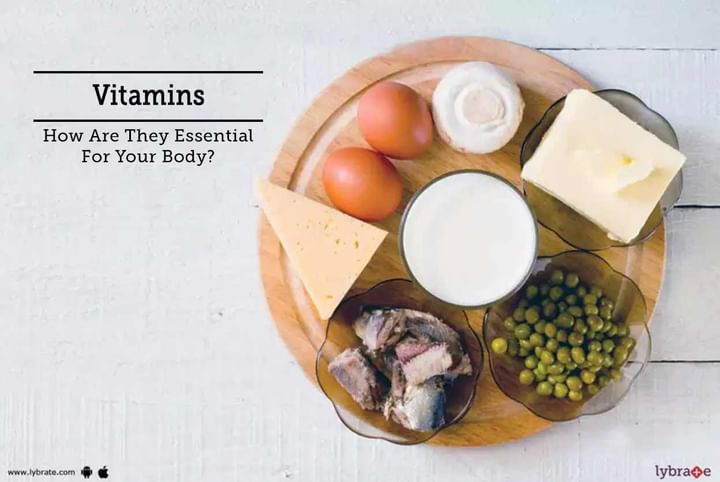Vitamins - How Are They Essential For Your Body?
Vitamins are very important and essential for the body. Vitamins are a form of nutrients, which must be consumed strictly for proper body functioning and building strong immunity. Vitamin pills are an ideal and easy source of essential vitamins. However, having food items, which are rich in vitamins is a much healthier option. Eating foods rich in vitamins helps your body obtain abundant nutrients as per the requirement of the body. In this manner, you will be able to gain all the required vitamins by eating various types of foods.
Here is a list of the primary vitamins, which are essential for the body, along with the food items where they can be found.
- Vitamins B6 and B12: These vitamins help in proper blood circulation and nerve functioning and can be found in bananas, whole grains, beans, nuts, eggs, pork, fish, chicken, wheat germ and other poultry products.
- Vitamin C: This vitamin is an antioxidant and fights free radicals which damage DNA. It also helps in strengthening the body immunity. The best source of vitamin C includes citrus fruits and citrus juices, red and green pepper, brussels sprouts, spinach, broccoli, kale, strawberries, and collard greens.
- Calcium: Calcium is very essential for maintaining bone health, bone density and prevents osteoporosis. All dairy products are very rich in calcium. Calcium is also present in legumes and dark green, leafy vegetables.
- Vitamin D: Vitamin D helps in the absorption of calcium and lack of vitamin D may lead to osteoporosis, type 1 diabetes, multiple sclerosis, and several cancers as well. Vitamin D is present in fatty fishes such as tuna and salmon. Major sources of vitamin D are fortified food products such as cereals and milk.
- Vitamin E: Vitamin E functions as an antioxidant and helps in eye health. Enough intake of vitamin E can reduce the risk of Alzheimer’s disease. Foods rich in vitamin E include avocados, vegetable oils like safflower, sunflower, cottonseed, canola and olive oil. It is also found in wheat germ, almonds, sunflower seeds, and other nuts.
- Folic acid: The insufficient intake of this vitamin may lead to several birth defects during pregnancy like spina bifida. The deficiency of folic acid may also lead to heart diseases, stroke, and cancers. The best food sources of folic acid are leafy vegetables, strawberries, wheat germ, broccoli, asparagus, beans, whole grains and folic acid fortified cereals or bread.
- Iron: Iron prevents iron-deficiency anemia and supports the immune system. The best sources of iron are red meat, clams, egg yolks, fish and chicken. Iron is also found in fortified grains, legumes, and cereals.
Vitamins & Supplements are very essential for the body as they prevent the body from several diseases, which in turn helps in the healthy functioning of the organs and fight against various infections.



+1.svg)
